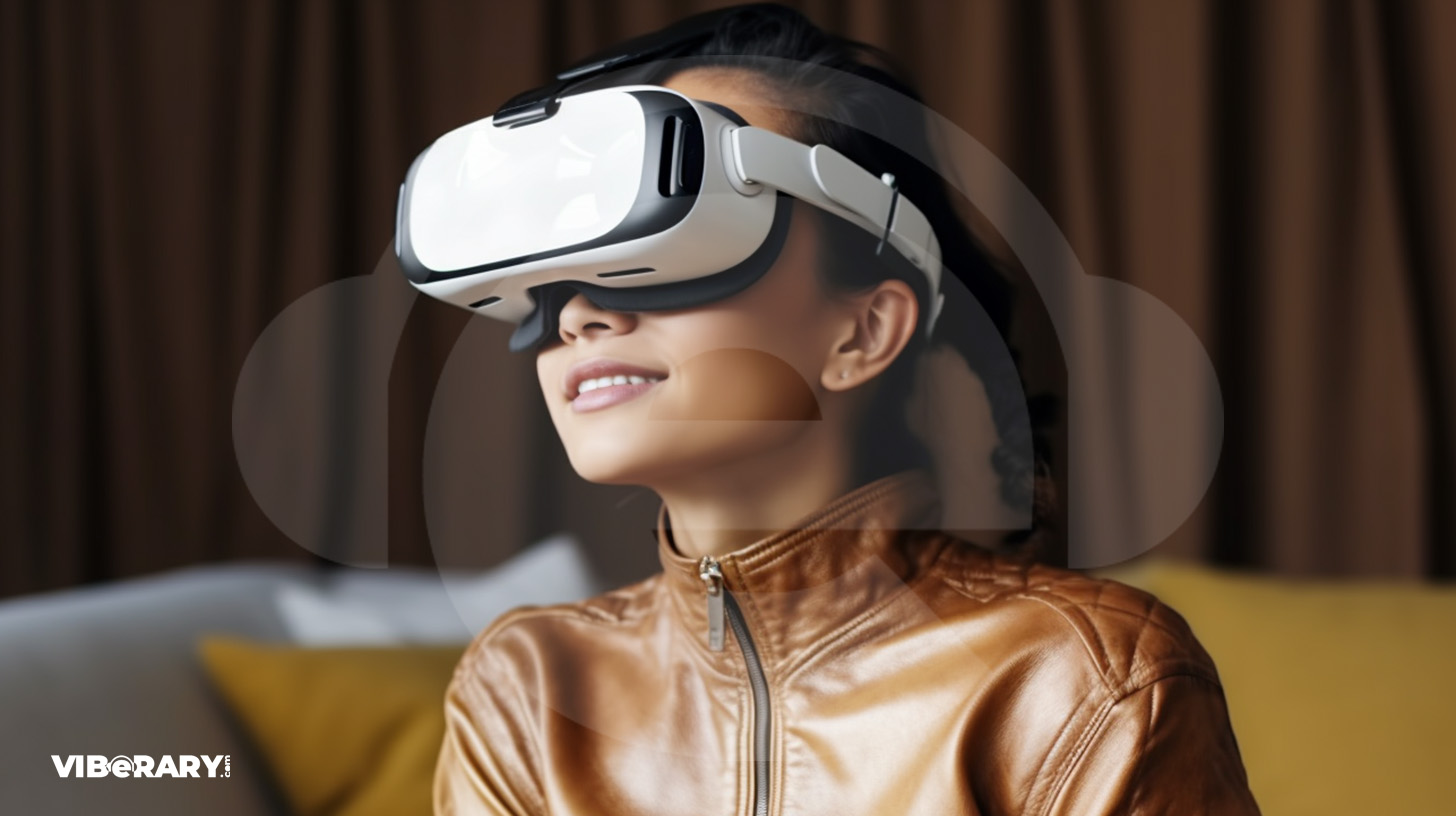How Virtual Reality is Transforming Concert Experience
In recent years, virtual reality (VR) technology has been transforming the music industry in profound and novel ways. Its application in music performances and events marks a radical departure from traditional norms. VR is revolutionizing the way that music performances and events are conducted and experienced, and it is opening up a world of possibilities for artists and event organizers – no longer limited by physical boundaries.
One of the most notable ways in which VR is changing the music industry is through the use of VR concerts. These events allow fans to attend virtual performances by their favorite artists from the comfort of their own home, using a VR headset and other equipment. VR concerts provide a more immersive and interactive experience than traditional concerts, as they often allow attendees to move around and explore the virtual venue or even interact with the performers.
Back in 2017, Imagine Dragons’ Los Angeles concert was broadcasted in virtual reality. Travis Scott’s virtual concert in April 2020 was regarded as a groundbreaking event. The concert featured a live performance by Travis Scott within the popular video game Fortnite, and it attracted over 27 million unique players from around the world. The concert was designed to be fully immersive, with special effects and interactive elements that allowed players to interact with the performance in real time. Players could explore the virtual concert venue and even join in the performance by dancing along with Travis Scott’s avatars. Ariana Grande also kicked off her Rift Tour in-game virtual concert on August 6, 2021, performing (prerecorded) her top songs such as raindrops on the same gaming platform.
Roblox hosted their first-ever virtual concert in November 2020 featuring Lil Nas X, which now gathered almost 37 million views in total across the performances. These numbers aren’t just feasible in the real world. Two years after, The Chainsmokers celebrated the launch of their first Roblox experience, Festival Tycoon, with a virtual concert earlier in September. It became the all-time highest rated concert performance in Roblox history, receiving an 84.5% player rating.
Meta headlined the Post Malone prerecorded virtual concert on July 15 last year. The 8k performance was held in both Venues and Horizon Worlds and featured tracks from his studio album Twelve Carat Toothache. Meta also premiered late rapper Biggie’s “The Notorious B.I.G. Sky’s The Limit: A VR Concert Experience” on Dec 16 exclusively in the Venues section of Meta Horizon Worlds.
According to a Morning Consult survey, almost half of all adult respondents (45%) said they were interested in the idea of seeing live music in the metaverse. Millennials (61%) and Gen Z (56%) expressed the most interest in participating in the metaverse activities.
In addition to VR concerts, VR technology is also being used to enhance traditional music performances and events for attendees. For example, VR can be used to create immersive stage sets or special effects that would be difficult or impossible to achieve in real life. Also, VR is changing the way that these events are marketed and promoted. VR trailers and demos can be used to give potential concert-goers a taste of what they can expect at an event, and VR experiences can be used to promote new music releases or tours.
The COVID-19 pandemic has brought about significant changes in the entertainment industry, including the transition from live performances to virtual concerts. VR technology has played a crucial role in this shift, allowing artists to continue performing and connecting with their audiences even when in-person events are not possible.
Overall, VR technology is having a major impact on the music industry, and it is evident that we will continue to see innovative uses of VR in the coming years. From virtual concerts that transport you to another world to traditional events that are elevated to the next level with immersive stage sets and special effects, VR is changing the game when it comes to music experiences. As VR technology keeps advancing, it will be fascinating to see how it continues to influence and redefine the way we experience music.
RELATED TOPICS
Cracking Confusion: Things you should know before you use Music
The internet holds a vast amount of content – ebooks, music, photos and videos. It’s tempting to use any of these that you can find online but unfortunately, you can’t use all of them as you please. Using them without attribution or permission can land you in legal trouble. When you intend to use free […]
Text to Music Generators: Meta’s AudioCraft, Google’s MusicLM, and Shift to Algorithmic Compositions
Imagine a world where words effortlessly transform into melodies, where the power of technology and creativity merge to create a symphony of innovation. Meta’s AudioCraft and Google’s MusicLM bring this dream to life, but their impact on the music industry also raises important questions about the future of musical creation. Let’s take a delightful stroll […]
Cover Hits with Legendary Voices: How AI Brings New Life to Iconic Songs
The music industry is currently abuzz with a new trend powered by artificial intelligence – recreating the voices of iconic artists to produce cover songs and even entirely new compositions. AI is not just transforming how music is created; it’s altering how we experience classic hits. Utilizing advanced machine learning models, AI can analyze the […]

